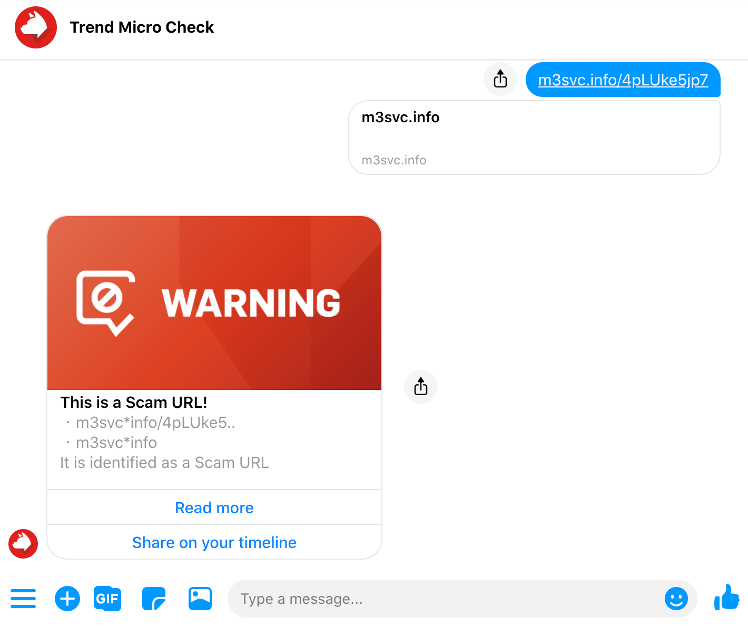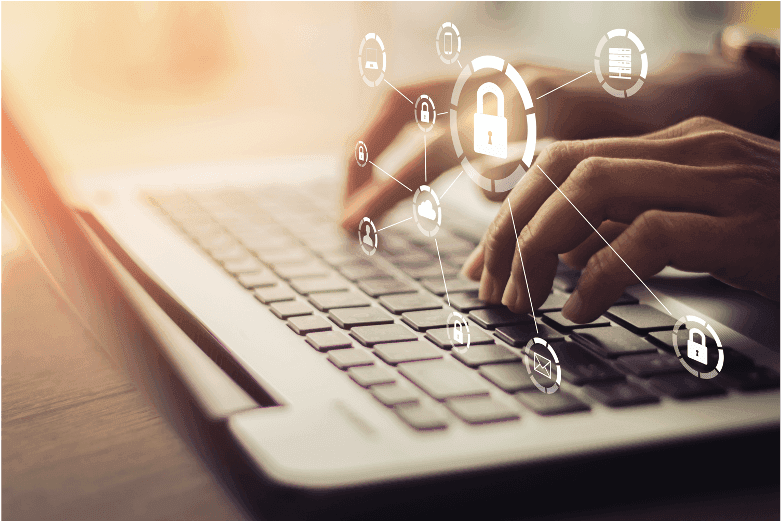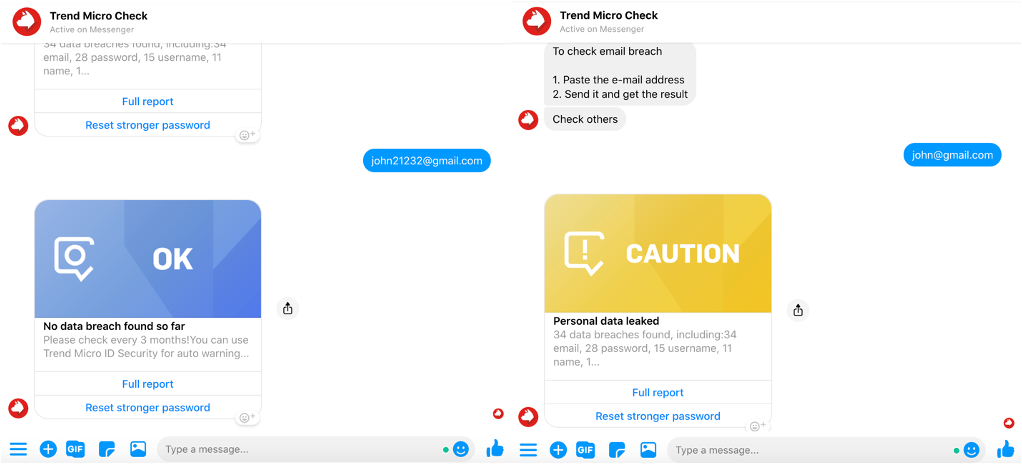Did you check your email today? Email has become a common form of communication in our everyday lives, which means, it is also a recurring target for cybercrime. If you don’t know why email leaks would matter to you, you should definitely take the moment to read what’s covered in this post.
What happens if my email is compromised?
If you are a victim of an email leak, your email address, along with other personal data, will be made publicly available.
Email and password leaks could lead to:
Identity theft
Scammers can register at unknown websites, make purchases, file fraudulent tax returns, and commit other crimes under your name. In most cases, identity theft is difficult to prove, giving you emotional stress from the potential loss of time and money.
Security issues for other accounts
Scammers can gain access to your other accounts at various platforms that share the same password. For example, your bank account.
Email spoofing
Scammers can pretend to be you to spam your contact list with malicious attachments. It can also be used against you in the form of a sextortion scam.
What to do if your email is leaked?
- Change the password immediately.
This is one thing you must do before hackers get full control over your email account. - Consider using a new email.
Compromised email is no longer safe for business or banking purposes. If your email has been leaked several times, it would be best to apply for a new one and refrain from using the compromised address. - Notify your bank and contacts.
Tell your contacts that your email has been leaked and that they need to beware of strange content or unknown attachments sent from that email address. It would also be useful to notify your banks to request resetting emails under your accounts. - Scan your device with anti-virus software.
Make sure the operating system and other software are running on the latest versions.
How to strengthen email security
- Always use strong passwords.
Up to 73% of people use the same password on different sites. We understand it is hard to remember different passwords, but for your own safety, it’s crucial to use stronger passwords. - Set up two-factor authentication (2FA).
You can choose different types of verification, such as SMS codes or mobile apps, which adds an extra layer of protection to your email. - Use a Password Manager to manage your login information and email security.
- Never click links or download attachments from suspicious emails.
Phishing links and malware open gateways for hackers to steal your personal information. Check any suspicious link with Trend Micro ScamCheck. Copy/paste the link, send it to ScamCheck chatbot, and get results immediately!

- Check email security regularly.
Type in your email address and send it to Trend Micro ScamCheck (available on Messenger and WhatsApp) and get the results in seconds!
Your email security can change anytime on the web. Therefore, we recommend you check every 3 months to see if the address has been compromised in any way.
If you think Trend Micro ScamCheck is helpful, please SHARE to protect your family and friends.
0 Comments
Other Topics

